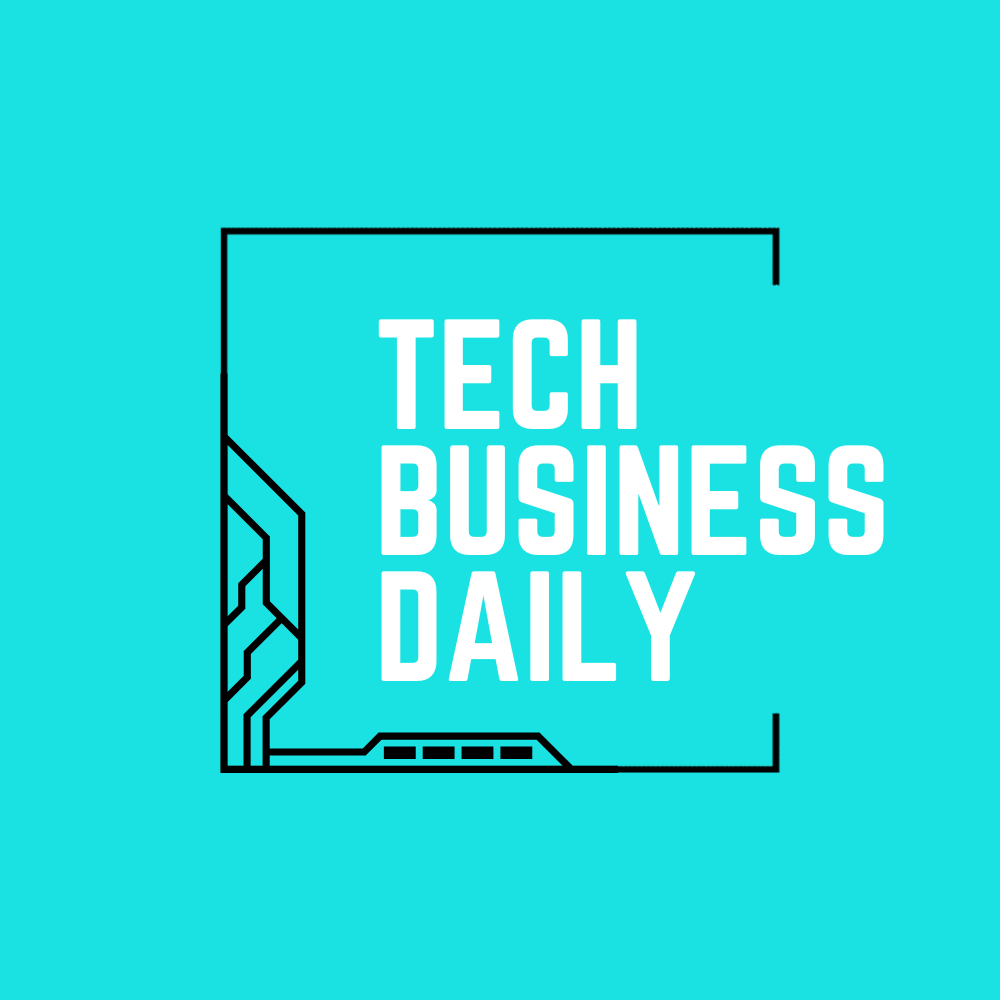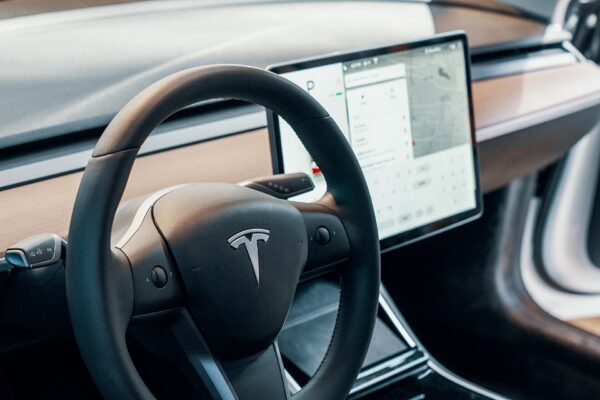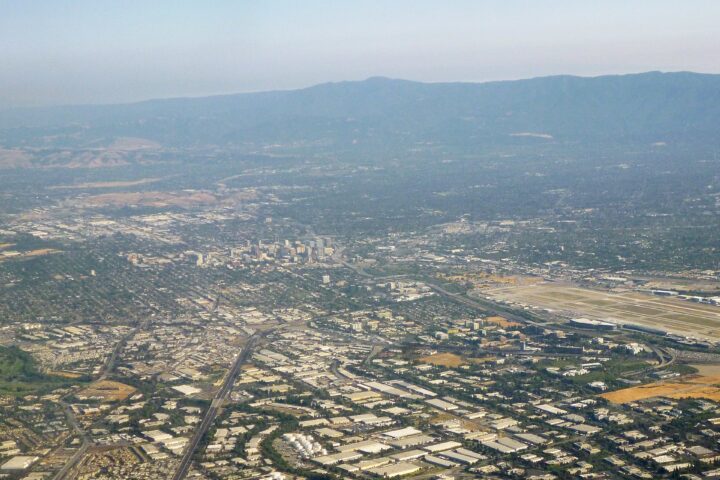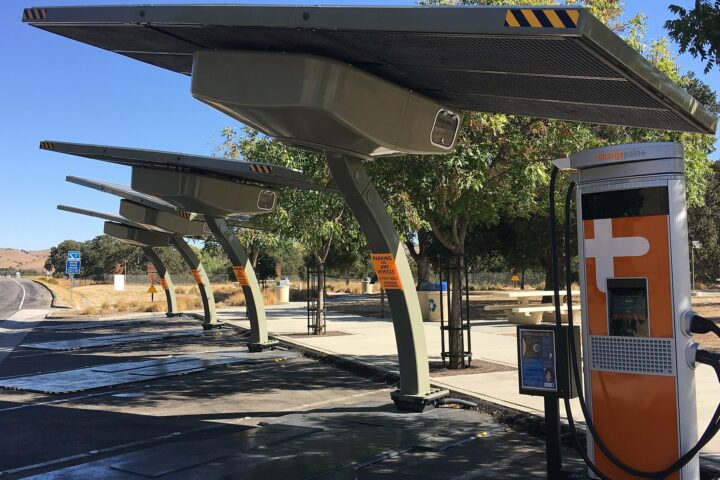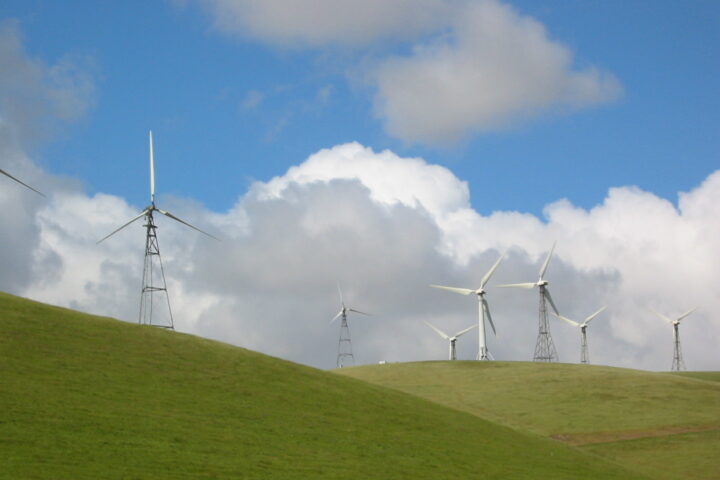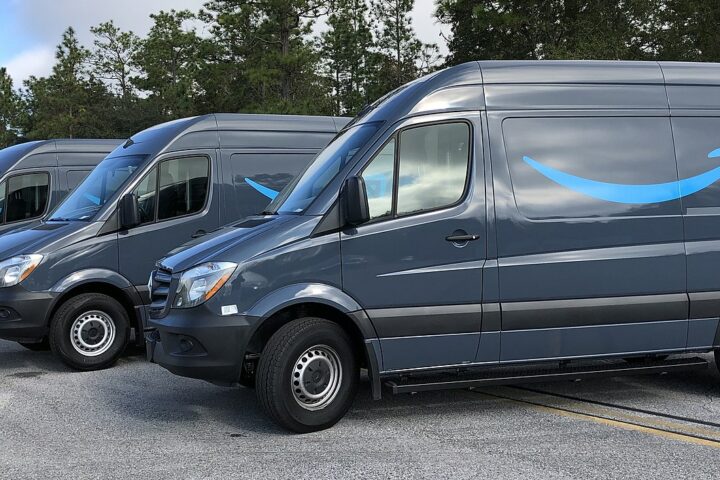Tesla has now reportedly filed a lawsuit against Zhongjie “Jay” Li, a former engineer in its humanoid robotics program, Optimus, accusing him of stealing trade secrets to launch a competing startup.
The lawsuit, filed on Wednesday, highlights concerns over intellectual property theft and the competitive landscape of robotics innovation.
Li, who worked at Tesla from August 2022 until September 2024, is alleged to have downloaded confidential information regarding the development of “advanced robotic hand sensors” onto two personal smartphones before leaving the company.
According to the complaint, during his final months at Tesla, Li conducted extensive research on humanoid robotic hands and explored venture capital opportunities using his workplace computer.
The lawsuit claims that less than a week after his departure from Tesla, Li incorporated his startup, Proception, which aims to develop advanced humanoid robotic hands.
Within five months, Proception publicly announced that it had “successfully built” robotic hands that closely resemble the designs Li had worked on while at Tesla. This rapid progression has raised serious questions about the integrity of Tesla’s proprietary information.
Proception’s website states that the company seeks to “revolutionize human-robot interaction by building the world’s most advanced humanoid hands.”
However, the timing of its establishment and the similarities to Tesla’s designs have prompted the company to take legal action.
Tesla’s Optimus program, which aims to produce a humanoid robot, has faced a tumultuous journey since it was first introduced in 2021. Despite initial promises for product launches, the project has remained largely in development.
In July 2024, Tesla CEO Elon Musk announced plans to begin selling the robot in 2026, and during a subsequent event, many of the Optimus bots showcased were primarily controlled by humans offsite.
This lawsuit underscores the ongoing tensions within the tech industry regarding intellectual property and competition, particularly in rapidly evolving fields like robotics and artificial intelligence.
As startups emerge and challenge established players, the protection of trade secrets becomes increasingly critical.
Li’s actions, if proven, could have significant repercussions not only for him but also for the broader robotics sector, where innovation is often closely guarded.
Tesla’s move to sue reflects a growing concern among companies about the potential for trade secret theft, especially as they invest heavily in research and development.
As the case unfolds, it will draw attention to the legal frameworks surrounding trade secrets and the responsibilities of employees transitioning to competitor firms. In an industry where technological advancements are pivotal, safeguarding intellectual property is paramount to maintaining competitive advantages and fostering innovation.
The outcome of this lawsuit may set important precedents for the future of corporate espionage and intellectual property rights in the tech landscape.
[READ MORE: Cyberattack Hits Major US Grocery Store]
